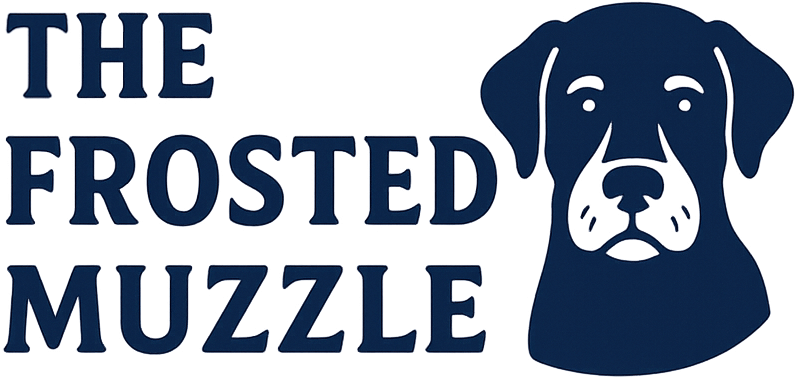Table of Contents
Golden Retrievers are known for their boundless energy, sunny personalities, and deep loyalty. They’re often seen chasing tennis balls or curling up beside their favorite humans, tail thumping with joy. But like all good things, youth doesn't last forever, even for our goldens.
Knowing when your Golden Retriever enters their senior years isn’t just about counting birthdays. It's about noticing changes in their behavior, energy levels, and physical health. So, when exactly is a Golden considered a senior dog? Let’s take a closer look.
The Golden Age Timeline
Golden Retrievers typically live between 10 to 12 years. While this might feel too short for such a beloved companion, it's considered average for medium to large dog breeds. Most veterinarians consider age 7 or 8 as the beginning of the senior stage for Goldens.
However, some dogs age a little slower or faster depending on genetics, lifestyle, and overall health. A highly active Golden on a balanced diet may show fewer signs of aging compared to a sedentary one with underlying health issues.
What Changes Can You Expect?
Your dog won’t wake up one morning and suddenly feel “old.” Aging happens gradually, and it's often subtle at first. Some early signs your Golden is moving into their senior years include:
- Slower recovery from exercise
- More naps or a generally lower energy level
- Graying fur, especially around the muzzle
- Stiffness or difficulty getting up from lying down
- Changes in appetite or weight
These shifts are normal, but they also signal the need to start adjusting your dog’s care routine.
How to Support a Senior Golden
As your dog gets older, their needs will change and your care approach should change with them.
Vet checkups should become more frequent. Instead of once a year, twice-yearly visits help catch health issues early. Golden Retrievers are particularly prone to arthritis and certain cancers, so regular monitoring is essential.
Adjust their diet. Senior-specific dog foods offer fewer calories, joint-supporting ingredients, and nutrients tailored for aging bodies.
Stay active, but gently. Your dog might not want to run five miles anymore, but daily walks and light play help keep joints limber and spirits high.
Prioritize comfort. An orthopedic bed, non-slip rugs, and raised food bowls can make a world of difference.
Emotional Needs in Senior Years
One thing that doesn’t fade with age is your Golden's deep emotional connection with you. They might become more affectionate or crave your company even more. Spending quality time together, whether it’s sitting on the porch or a short car ride, can mean everything to them.
A Golden Retriever is considered a senior around 7 to 8 years old, but every dog is different. Watching for signs of aging and adapting to their needs is the key to helping them live comfortably and happily through their golden years. The truth is, they may slow down—but their love only grows stronger.
And if you’re lucky enough to have a senior Golden in your life, you know how precious every moment becomes.

